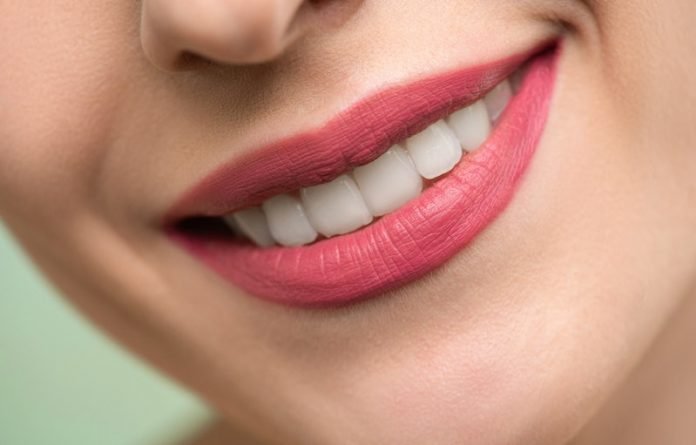
In a study from Trinity College Dublin, scientists found for the first time the low environmental footprint of water fluoridation compared to other preventive measures for tooth decay.
Water fluoridation is regarded as one of the most significant public health interventions of the twentieth century.
Today, over 35% of the world’s population has access to water fluoridation, with studies showing strong reductions in dental caries.
Whilst data on the clinical effectiveness and cost analysis of water fluoridation is available, there has been no data regarding its environmental impact up to now.
In the study, the team quantified the environmental impact of water fluoridation on an individual five-year-old child over a one-year period.
They compared this to the traditional use of fluoride varnish and toothbrushing programs, which take place in selected schools across the UK, and internationally.
To quantify this impact, the research team performed a Life Cycle Assessment (LCA) by carefully measuring the combined travel, the weight, and amounts of all products and the processes involved in all three preventive programs (toothbrushing, fluoride varnish programs, and water fluoridation).
The team found that water fluoridation had the lowest environmental impact in all categories studied and had the lowest disability-adjusted life years impact when compared to all other community-level caries prevention programs.
The study also found that water fluoridation gives the greatest return on investment.
Considering the balance between clinical effectiveness, cost-effectiveness, and environmental sustainability, researchers believe that water fluoridation should be the preventive intervention of choice.
This research strengthens the case internationally for water fluoridation programs to reduce dental decay, especially in the most vulnerable populations.
If you care about tooth health, please read studies about an important cause of tooth decay and gum disease, and how often should you get your teeth cleaned.
For more information about tooth health, please see recent studies about mouthwash that may increase your tooth damage, and results showing common tooth disease may increase the risk of dementia.
The study was conducted by Brett Duane et al and published in the British Dental Journal.
Copyright © 2022 Knowridge Science Report. All rights reserved.



